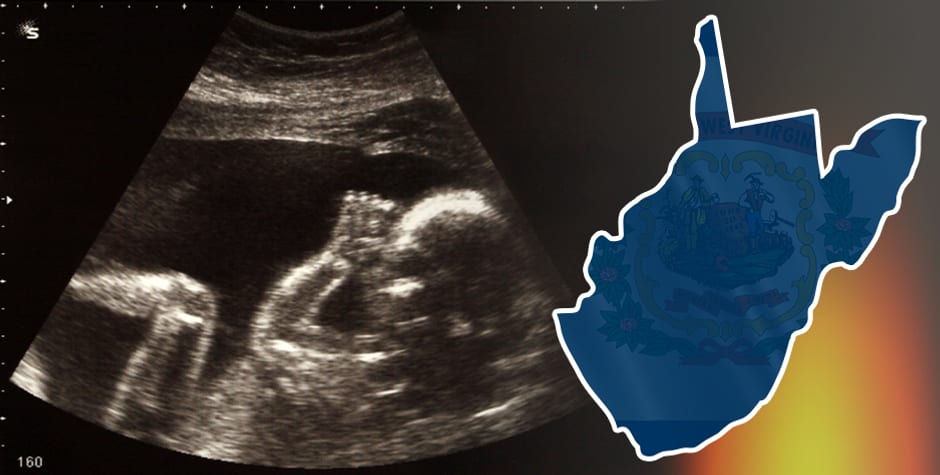Victory For Life: Federal Appeals Court Affirms States Can Ban Abortion Pills – Saving Lives
Listen tothis article
A federal appeals court has rebuffed an abortion pill manufacturer’s challenge to West Virginia’s abortion restrictions. In GenBioPro v. Raynes, the U.S. Court of Appeals for the Fourth Circuit, by a 2-1 vote, held that federal approval and regulation of the abortion drug mifepristone was not an obstacle to a state’s prohibition of medication-based abortions using that drug. The ACLJ had filed an amicus brief in the appeal arguing just that.
The majority of abortions nowadays are done by medication, not surgery. The legal and political battle to stop – or continue – the destruction of prenatal human beings has therefore shifted heavily to fights over abortion pills.
One such case arose in West Virginia. As we previously explained, GenBioPro, a company that manufactures the generic version of mifepristone, sued in federal court to halt the application of West Virginia’s abortion restrictions to abortion pills. GenBioPro’s argument was that because the federal Food and Drug Administration (FDA) had approved mifepristone and had established a particular protocol (so-called “REMS”) for use of the drug, states were powerless to add their own restrictions or regulations.
The federal district court rejected GenBioPro’s arguments, and the pill manufacturer appealed. On appeal, the ACLJ filed an amicus brief explaining the absurdity of GenBioPro’s argument:
[T]hat the FDA regulates a drug does not mean its use is somehow shielded from state law restriction. Homicide committed with fentanyl, for example, is still homicide, and states can ban it.
We cited examples of crimes committed using digoxin and insulin, as well as women being slipped abortion drugs secretly by irresponsible males seeking to abort a child they did not want. Clearly, federal approval of a drug does not leave states powerless to forbid the criminal use of such drugs to kill people.
The Fourth Circuit majority agreed:
It is also worth pausing to reflect on the sheer breadth of GenBioPro’s position. The FDA has imposed a REMS on a wide array of potent drugs, including highly dangerous opioids such as fentanyl. . . . Under GenBioPro’s interpretation, the FDAAA [Food and Drug Administration Amendments Act] would preempt any state law restricting access to those drugs. State governments would be powerless, for example, to limit prescriptions of addictive opioids or even enforce their bans on physician-assisted suicide against doctors seeking to prescribe lethal drugs regulated under a REMS.
The reference to physician-assisted suicide is especially apt, as it is safe to assume the euthanasia movement would make the same argument as GenBioPro, namely, that once the FDA approves a drug, a state cannot ban its use for things like assisted suicide.
The Fourth Circuit correctly recognized that the focus here was on protecting babies (and their mothers) from the human pesticide of mifepristone, not on second-guessing federal regulations:
On its face, the West Virginia law regulates the conduct of abortion. It was enacted for the express purpose of “protecting unborn lives” and establishes that “[a]n abortion may not be performed or induced or be attempted to be performed or induced” unless an exception applies.
And again:
Here, the object of West Virginia’s law is abortion—an issue within the historical domain of the states. While it may affect a federally regulated drug, this effect is but incidental to the law’s regulation of abortion.
The Fourth Circuit clearly and directly recognizes and implements the heart of the Supreme Court’s decision in Dobbs:
After the Supreme Court “return[ed] the issue of abortion to the people’s elected representatives” in Dobbs . . . , West Virginia enacted a law prohibiting abortion in most circumstances. . . . For us to once again federalize the issue of abortion without a clear directive from Congress, right on the heels of Dobbs, would leave us one small step short of defiance.
Thankfully, this court chose not to defy the Supreme Court.
We are delighted that the federal appeals court has allowed West Virginia’s abortion law to remain in effect. There is a similar challenge to North Carolina’s abortion laws pending in the same appeals court. We hope the victory for life in the GenBioPro case will carry over to a victory in that case (Bryant v. Moore) as well.
